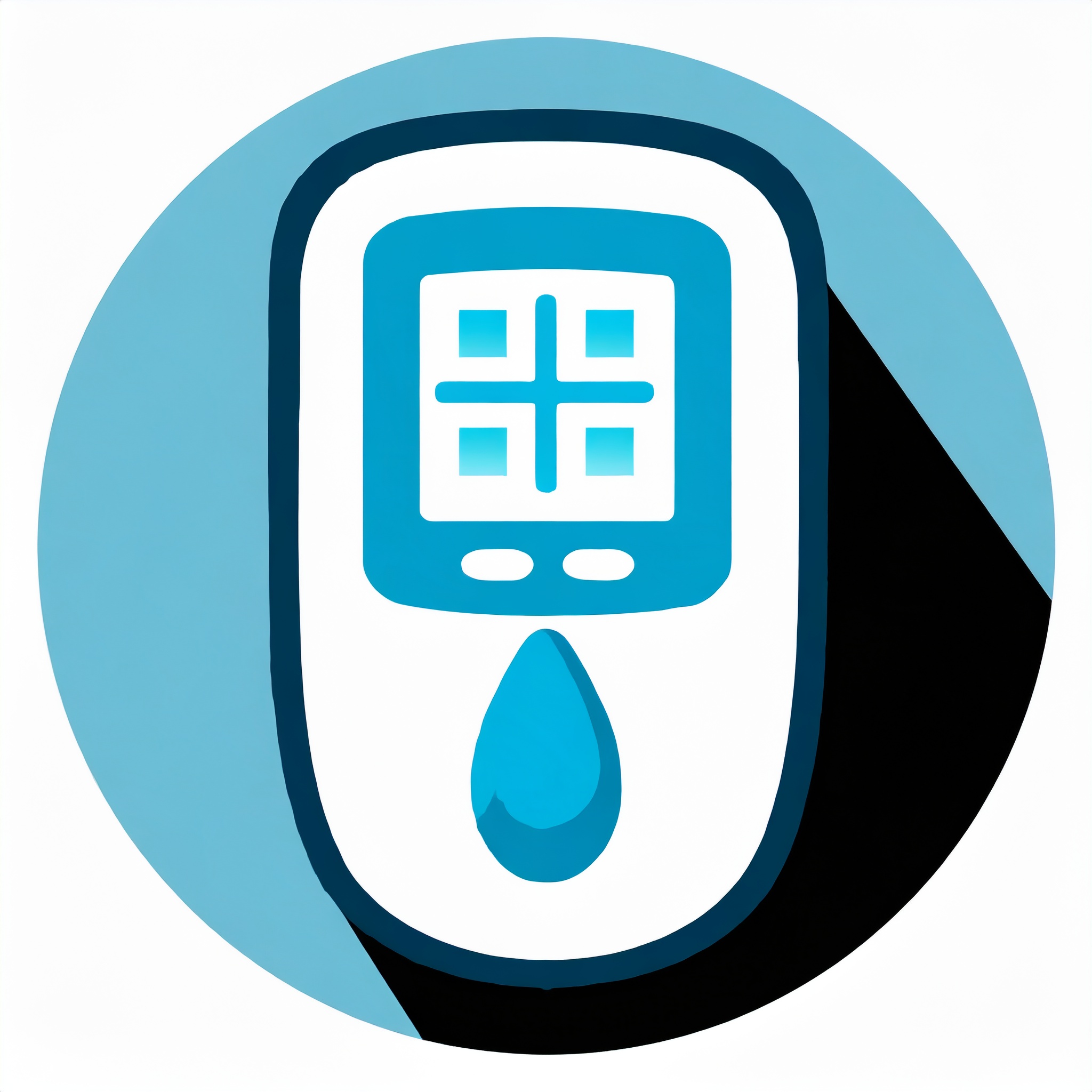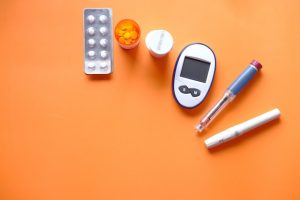What is diabetes
Diabetes is a condition where the level of blood glucose (the amount of sugar) in the blood is too high. This can happen because your body doesn’t produce enough insulin, the insulin isn’t effective, or your body doesn’t produce any insulin at all.
Some of the symptoms of high blood sugar can be:
- Feeling really thirsty
- Feeling tired or weak
- Losing weight
- Blurred vision
- Genital itching or thrush
- Cuts and wounds taking longer to heal
- Peeing more frequently than usual, especially at night
High glucose levels in your blood can seriously damage your heart, eyes, feet and kidneys, but with the right care and treatment you will be able to live a healthy life.
Read more about diabetes on the NHS website.
Types of diabetes
There are two main types of diabetes: type 1 and type 2.
Type 1 diabetes happens when your body doesn’t produce any insulin, which helps you use the sugar in your body. Check your diabetes symptoms.
Type 2 diabetes is when the insulin your body makes is not working well, or you can’t produce enough of it. The vast majority of people in the UK have type 2 diabetes.
Gestational diabetes is high blood sugar (glucose) that develops during pregnancy and usually disappears after giving birth. Download our FREE culturally sensitive recipe book for people with gestational diabetes.
Some people can have other types of diabetes: read more here.
Risk factors for developing type 2 diabetes
Your risk of developing type 2 diabetes increases with age. People who are at higher risk of developing type 2 diabetes:
- Have a family history of diabetes
- Are overweight
- Have high blood pressure
- Are over 40 and from a white background
- Are over 25 and from an Asian, black African / Caribbean origin (even if they were born in the UK), and are four times more likely to develop type 2 diabetes
You can also check if you are at risk of developing type 2 diabetes by visiting Know your risk of type 2 diabetes – Diabetes UK.
Click here to learn more about what causes diabetes.
Managing diabetes
When you are diagnosed with type 1 or type 2 diabetes, we can help support you through managing your condition with a diabetes annual review. To help you stay as healthy as possible, you should:
- Attend your GP / clinic appointments, which will provide advice and support to manage your diabetes and to monitor your blood glucose levels in the most appropriate way
- Eat a healthy diet
- Maintain a healthy weight and exercise regularly
- Try to quit smoking
- Try to quit or reduce drinking alcohol
- Take your medications as prescribed
If you have type 1 or type 2 diabetes, you can attend one of our free, culturally tailored diabetes education courses. They will help you to manage your type 1 and type 2 diabetes through lifestyle changes, such as weight loss and healthier eating.
NHS England has published a leaflet on making a decision about managing type 1 diabetes.
If you have been diagnosed with type 2 diabetes within the past six years, you maybe eligible to attend our type 2 diabetes pathway to remission programme.
Diabetes prevention
Some people have higher blood sugar than normal, but not quite in the diabetes zone: it’s called “non-diabetic hyperglycaemia”, or more simply “pre-diabetes”. If you have this, you have a higher chance of getting type 2 diabetes. The good news is that risk can go down with lifestyle changes.
If you have been diagnosed with non-diabetic hyperglycaemia, you can attend the free Healthier you NHS diabetes prevention programme. The programme is a nine-month (13 sessions) lifestyle programme aimed at preventing the development of type 2 diabetes. In south east London, the programme is run by Thrive Tribe and has been adapted specifically for our communities.
Diabetes food recipes


